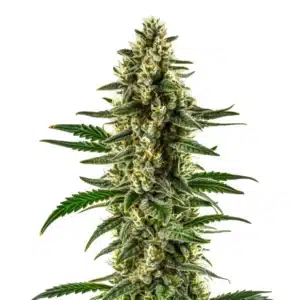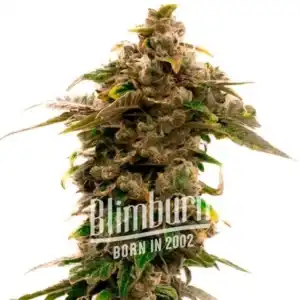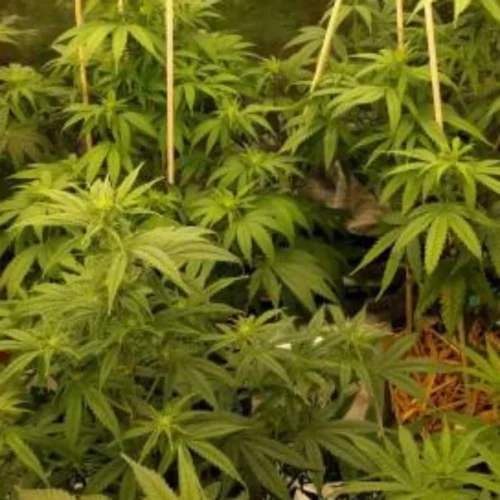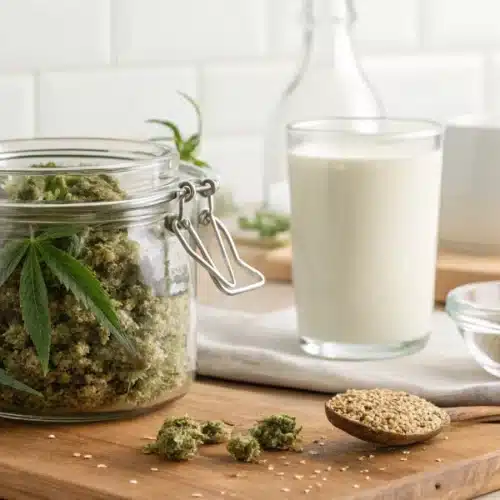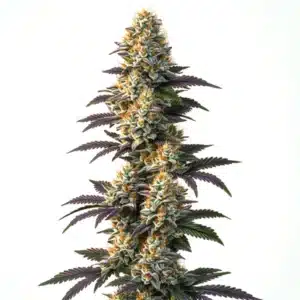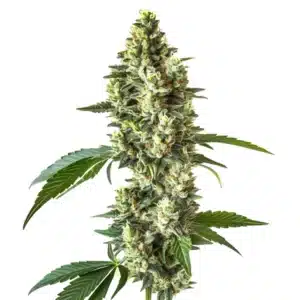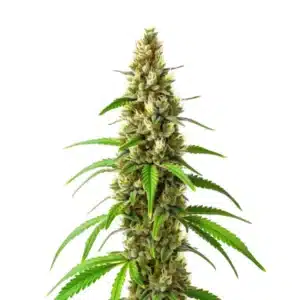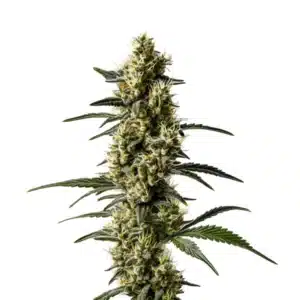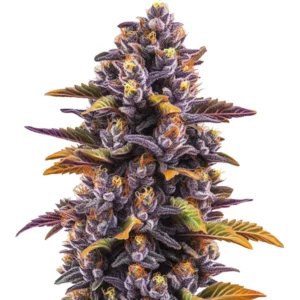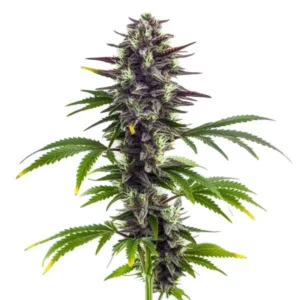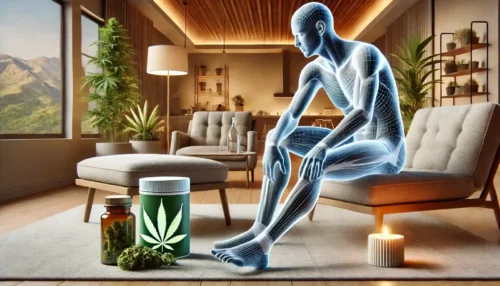Differences Between Being Drunk vs Being High
How Alcohol and Cannabis Affect the Body
Being Drunk vs Being High: Alcohol and cannabis interact with the body in distinct ways. Alcohol primarily affects the central nervous system, acting as a depressant that slows down brain activity. This leads to decreased coordination, slurred speech, and slower reaction times. In contrast, cannabis interacts with the body’s endocannabinoid system, influencing mood, appetite, and sensory perception. Its effects depend on the strain and the levels of THC and CBD, ranging from relaxation to heightened senses.
Both substances alter physical sensations, but cannabis tends to have fewer physical impairments compared to alcohol. While alcohol can cause dizziness and nausea when consumed excessively, cannabis might lead to dry mouth or red eyes, making its physical effects generally less severe.
The Psychological Effects of Being Drunk vs Being High
Psychologically, alcohol can lower inhibitions and amplify emotions, often leading to risky behavior or emotional outbursts. Cannabis, on the other hand, can induce relaxation and introspection but may also cause anxiety or paranoia in some users, especially with high-THC strains.
While alcohol tends to dull the mind and impair judgment, cannabis can stimulate creativity and deepen thought processes. However, overconsumption of either substance can lead to confusion, making moderation key for a pleasant experience.
Physical Differences Between Alcohol and Cannabis Use
Alcohol consumption often leads to dehydration and physical exhaustion, especially after a night of heavy drinking. Cannabis, however, has a milder impact on the body, with users often reporting a calming or light feeling in their limbs.
The recovery process also differs significantly. Hangovers are a common aftermath of drinking, characterized by headaches, nausea, and fatigue. Cannabis, in comparison, rarely results in physical discomfort the next day, although overconsumption can leave users feeling groggy.

Promos & Deals
How Alcohol Affects Your Body and Mind
Short-Term Effects of Being Drunk
The immediate effects of alcohol include euphoria, reduced inhibitions, and impaired motor skills. These changes occur as alcohol enters the bloodstream and slows down communication between the brain and the body. Depending on the amount consumed, feelings of relaxation can quickly shift to drowsiness or loss of control.
However, alcohol’s effects are dose-dependent. Moderate drinking may result in a pleasant buzz, while excessive consumption can lead to vomiting, blackouts, or even alcohol poisoning, posing serious health risks.
Long-Term Impact of Alcohol on Health
Chronic alcohol use can lead to significant health issues, including liver damage, cardiovascular problems, and a weakened immune system. Prolonged consumption also increases the risk of addiction, with alcohol dependency being one of the most common substance abuse issues worldwide.
Additionally, alcohol’s impact on mental health is profound, often contributing to depression and anxiety. While it might provide temporary relief, frequent use can exacerbate these conditions over time.
Behavioral Changes When Under the Influence of Alcohol
Alcohol often lowers inhibitions, leading to increased sociability or aggression depending on the individual. It can impair judgment, resulting in risky decisions such as unsafe driving or unprotected sex. Recognizing these behavioral shifts is important for managing alcohol consumption responsibly.
How Cannabis Affects Your Body and Mind
Immediate Effects of Being High
Cannabis’s effects are felt almost immediately when smoked or vaped, or within an hour when consumed as an edible. Users often experience a sense of euphoria, heightened sensory perception, and relaxation. However, high doses can lead to anxiety or paranoia, particularly in inexperienced users.
Unlike alcohol, cannabis rarely impairs motor functions to the same extent, allowing users to maintain some level of control. Nevertheless, it’s important to avoid activities requiring full attention, such as driving, while under the influence.
Long-Term Implications of Cannabis Use
Long-term cannabis use can impact memory and cognitive function, especially in heavy users. However, its risks are generally considered lower than those associated with chronic alcohol consumption. Regular use can lead to dependency in some individuals, though this is less common compared to alcohol.
How Cannabis Alters Perception and Mood
Cannabis enhances sensory experiences, making music, art, and food more enjoyable. It can also promote feelings of happiness and relaxation. However, overuse can lead to mood swings or heightened anxiety, emphasizing the importance of finding the right dosage and strain.
Social and Cultural Perceptions of Being Drunk vs Being High
Societal Acceptance of Drinking and Smoking
Alcohol has long been embedded in social traditions, from celebrations to casual gatherings. Its acceptance is widespread despite its potential for abuse. Cannabis, however, has faced stigma due to decades of prohibition, although its legalization in many regions is changing public perception.
The cultural shift towards cannabis has highlighted its medicinal benefits and recreational value, positioning it as a safer alternative to alcohol in some circles. Still, societal acceptance varies widely across countries and communities.
Stigma and Legalization of Cannabis
Legalization efforts have helped normalize cannabis use, reducing stigma and increasing accessibility. In contrast, alcohol’s legality has never been questioned, even though its societal impacts, such as addiction and drunk driving, are significant.
As cannabis gains more recognition, it’s important to educate users about responsible consumption, just as with alcohol. This balanced approach fosters informed decision-making and reduces potential harms.
How Social Settings Differ for Alcohol and Cannabis Use
Alcohol is often associated with loud, high-energy social environments like bars or parties. Cannabis, on the other hand, is typically enjoyed in more relaxed settings, promoting calm conversations or creative activities.
The choice between the two often depends on the desired atmosphere. While alcohol encourages extroversion, cannabis fosters introspection, making it a better fit for intimate gatherings or solo relaxation.
Being Drunk vs Being High: Risk and Benefits
Health Risks Associated with Heavy Alcohol Consumption
Excessive drinking can lead to liver disease, heart problems, and an increased risk of accidents. Alcohol’s addictive nature also makes it a leading cause of substance abuse worldwide. Recognizing these risks is vital for responsible consumption.
Potential Medicinal Benefits of Cannabis
Cannabis offers numerous therapeutic benefits, including pain relief, reduced inflammation, and anxiety management. Its versatility as a medicine has made it a popular choice among patients seeking natural alternatives to traditional treatments.
Addiction and Dependency: Comparing Alcohol and Cannabis
While both substances have potential for dependency, alcohol’s addiction rates are significantly higher. Cannabis dependency is less common and generally easier to manage, further highlighting its relative safety compared to alcohol.

FAQs About Being Drunk vs Being High
Is being high safer than being drunk?
In many ways, yes. Cannabis has a lower risk of dependency and fewer long-term health impacts compared to alcohol. However, both substances require responsible use to avoid negative consequences.
Can you mix alcohol and cannabis safely?
Mixing the two can amplify their effects, often leading to unpleasant experiences like nausea or heightened impairment. It’s best to use them separately to minimize risks.
Which lasts longer: being drunk or being high?
The effects of being drunk typically last 4-6 hours, while being high can range from 2-4 hours depending on the method of consumption and dosage. Edibles may prolong the cannabis high, sometimes lasting up to 8 hours.


